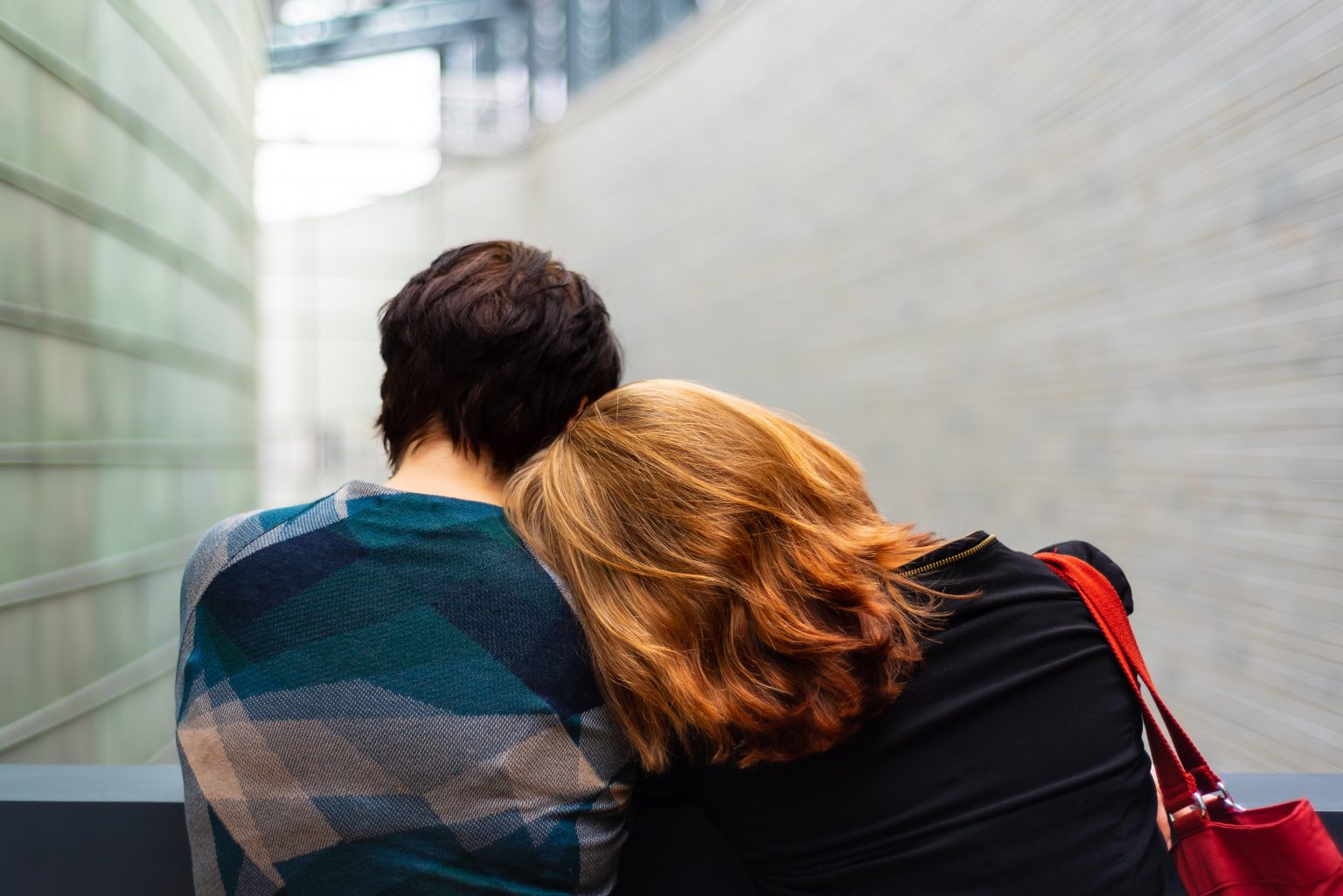There are many types of guilt and not all guilt is unhelpful or negative. In fact, guilt serves an important purpose in the development of our sense of morality and our values. Guilt is an emotional state (and not a pleasant one) that shows up to ask us to question our behaviour choices. For example, when we have offended someone or caused undue harm to another, guilt will arise and we will feel badly for our offence. This is helpful as the yucky feeling will urge us to right the wrong and remind us not to engage in such behaviour in the future. However, this type of guilt is rarely the type that we women struggle with, is it?
Nope, we tend to struggle with unhelpful kinds of guilt that can lead us to betray our boundaries and values leaving us feeling depleted, exhausted, inadequate, and sometimes empty and alone. One such type of guilt stems from what we have been taught, either directly or indirectly, from society and (typically) our maternal role models. This type of guilt says that we do not come first – we must care for others and that putting ourselves first is selfish. This type of guilt shows up ALL. THE. TIME. for we women as we engage in the misguided belief that it is truly more important to take care of others than it is to take care of ourselves. When this form of guilt shows up we engage in self-denial and personal boundary offences that can be exhausting and sometimes dangerous. This might look like denying ourselves a much needed break or a rest because we feel that asking someone else to watch our kids means we’re weak or we aren’t good enough parents. It may also look like doing things (events, relationships that hurt us in some way, not standing up for what matters to us) that we really, really do not want to do or doing them because we would rather hurt ourselves than disappoint someone else.
How does reading this land for you? It’s a bit like a punch in the gut for me. This type of guilt has, at times, dominated my life and I know I have modelled it for my daughter. However, I hold no sense of blame nor do I blame those who came before me. Instead, let’s look ahead.
Does this type of guilt show up for you? If so, take a moment to reflect on the times when you have had this guilt show up and what you did as a result of it. Notice the others who are typically involved when you feel this way and try to move forward with awareness so that you can catch it in the moment. When you do catch it, acknowledge it by simply saying something like, “oh, guilt is here” and then attempt to choose your next step with self-compassion and without self-judgment. You may still choose to put the other first, and that is totally okay – change is a process and awareness is step one. If you find that you failed to notice guilt when it arrived and you recognized it after you had already engaged in something that compromised a value or a boundary, try not to judge yourself for that, after all, you are learning a new way of doing things and behaviour change takes time – lots of it.
~ Love, Me.
